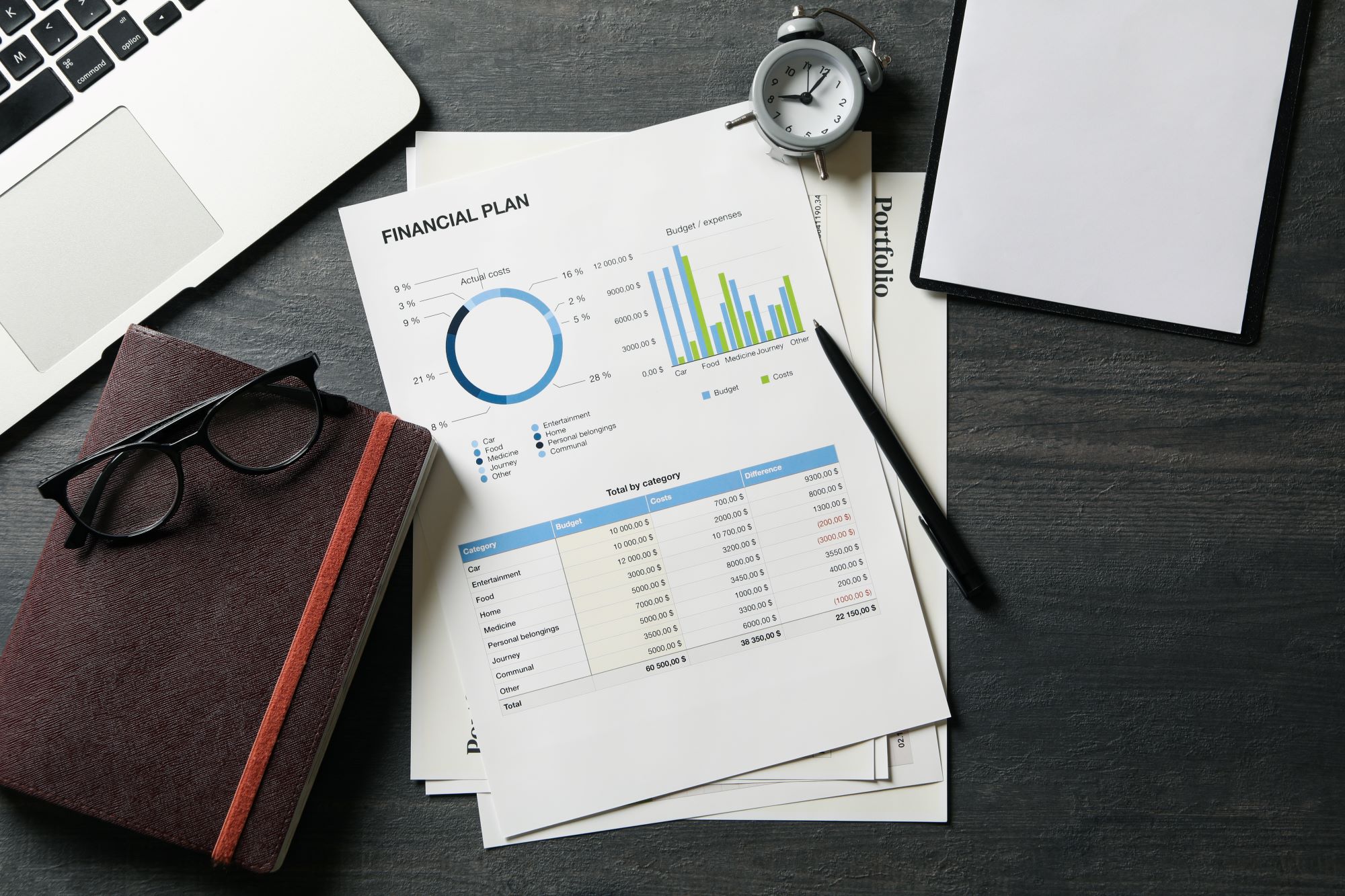
DIY Financial Planning: Do You Need a Professional Planner?
With all the available financial planners and advisors, is DIY financial planning the right route to go? Perhaps not. But the answer is never a straight-out yes or no.
There is a lot that goes into personal finance planning. Doing it yourself might work for someone advocating for it, but it does not necessarily mean it will work for you. Before deciding to hit the DIY route with your finances, it is best to weigh what you will gain and lose. You also need to consider if the process itself is best for you or whether you are better of in the hands of a professional.
Read more about: Stop Falling For Investment Scams: Scam Types & Telltales
Advantages of DIY Financial Planning
1. Affordability
Perhaps the biggest sell of doing your financial planning is the ability to save some bucks. You certainly will part with some cash when you hire a financial planner or use Robo advisors. And, if you are starting your financial journey with little money to spare, parting with such money might not sit well with you.
2. You Will learn in The Process
What better way to learn about the core areas of personal finance planning than doing it yourself? Yes, financial planners and advisors are trained professionals in the field of finance. Once you set your objectives and goals, they can easily advise you on the best way to manage your finances.
But, wouldn’t it be best if you understood even the basics of it all? From budgeting to debt management, investing, and taxes?
3. Independence
If you love doing things your way and being in control over every aspect of your life, DIY financial planning will offer you just that. You will be in charge of all your financial decisions, like where to invest, what to invest in, etc. You never have to go through an advisor or planner who might sway your choices based on their biases.

Disadvantages of DIY Financial Planning
That said, just because you do it yourself and enjoy some benefits doesn’t mean there are no cons.
1. It’s a Complicated And Overwhelming Process
Remember that you will be in charge of everything, from building financial plans and portfolios to rebalancing to keep them on track with your goals and objectives. Not forgetting the payment of any necessary transaction fees and taxes. Unless you are well-versed in the finance industry, doing all these tasks on your own will undoubtedly be complicated and overwhelming.
2. It Is Time Consuming
Learning and understanding every bit of personal finance management requires a lot of time. You will need time to do the necessary research, keep up with industry happenings, and manage your finances accordingly. DIY financial planning doesn’t mean you take a peep at your finance once a month. You need to dedicate a few hours every day to research, look at your current situation, and make any necessary changes. Do you have all time?
3. Mismanagement
The chances of mismanaging your finances are higher with DIY than when you let a professional do it for you. A skilled planner or advisor is trained for this, lowering the chances of letting emotions get in the way. With DIY, there is a high likelihood that you will let your fears, greed, and other emotions get in the way. When this happens, you will lose sight of the long-term goal and start mismanaging your finances.
4. Let The Professionals Handle It
Yes, it comes at a cost but so does everything that requires the help of a professional. Would you treat yourself if you fell sick or represent yourself in a court of law? There is a reason why professional financial advisors and financial planners are there. You can do the required research, but you cannot match these professionals’ skills, knowledge, and experience. The lack of this might cost you in the long run.
Related post: Here’s Why You Need a Financial Advisor
Is DIY Financial Planning Right For You?
Can you DIY your finances, from investing to retirement and tax planning? Here is a quick criterion to use:
1. You Don’t Mind All The Researching and Reading
If you love doing all the research and reading on financial topics, DIY financial planning could be for you. Apart from all the available blog posts (and there are many), you will need to read books on personal finance topics. Your list of topics to research and read includes taxes, investing, retirement planning, and debt management.
2. You Have Time
Remember that financial planning s not a task you revisit whenever you feel like it. This is a hands-on task that requires your undivided attention. If you already have an excellent track record keeping up with your finances, like tracking money, managing debts, savings, and investment, you are already on the right track.
But, if your finances and records are all over the place and you’ve no idea where to begin, you certainly could use the help of a financial planner.
3. You Are Confident
Are you confident in your financial decisions and do not need anyone to hold your hand or validate your choices? Are you comfortable handling large amounts of money without losing track of the end goal? Do you remain calm during market turmoil instead of rushing to liquidate your assets? If the answer to all of this is yes, then you can confidently and comfortably manage your financial planning.
While DIY financial planning is possible, it is sometimes not the best way to handle your financial planning. Unless you really have the time to do all the research, read, and you enough confidence in your capabilities. Otherwise, hire a professional financial planner. It might cost you some bucks, but it will ultimately save you time and the headache of enduring financial jargon.






